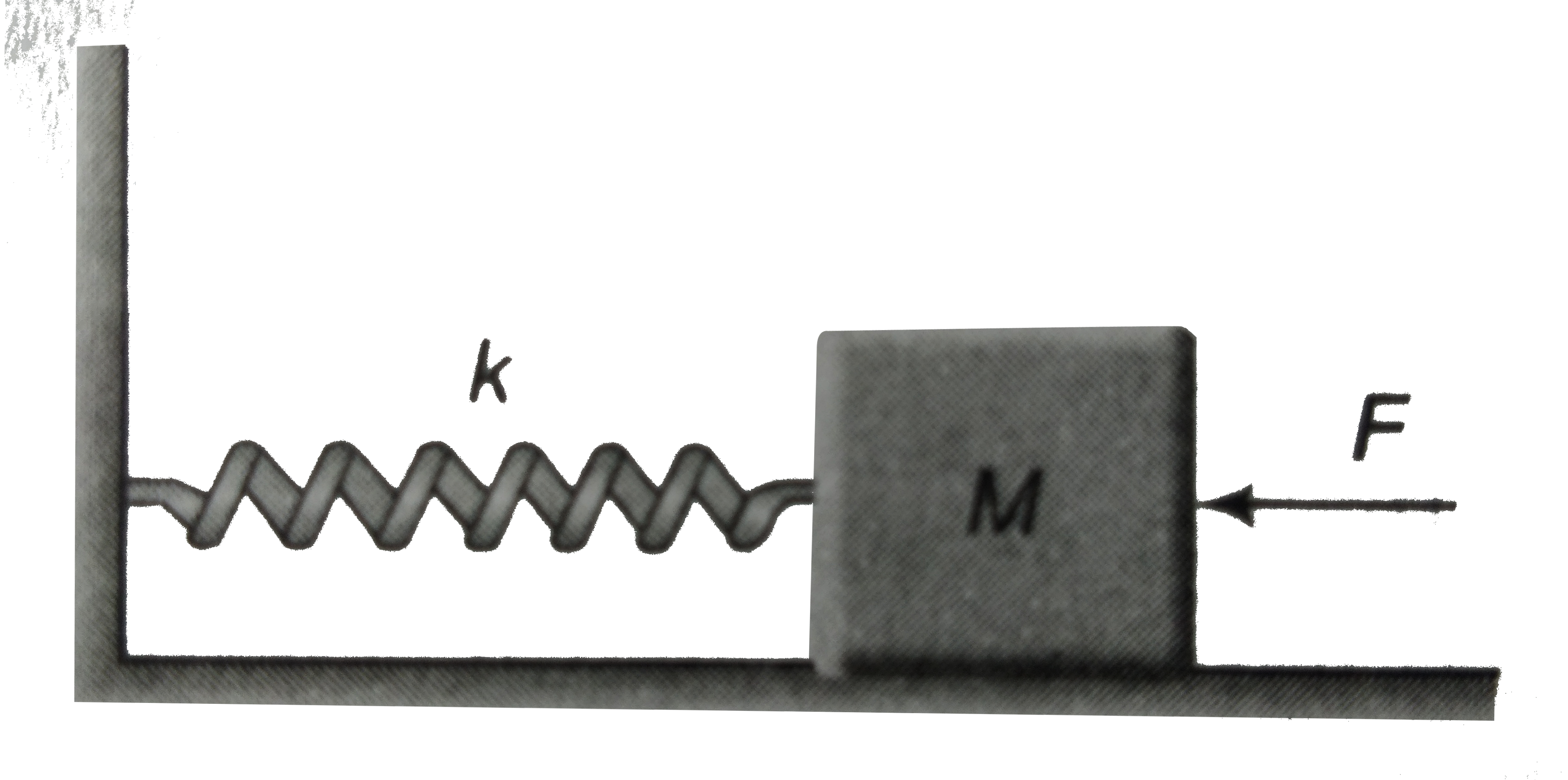The potential energy of a freely falling object decreases progressively. Does this violate the law of conservation of energy ? Why ?
No. The process does not violate the law of conservation of energy. This is because when the body falls from a height, then its potential energy changes into kinetic enegry progressively. A decrease in the potential energy is equal to an increase in the kinetic energy of the body. During the process, total mechanical energy of the body remains conserved. Therefore, the law of conservation of energy is not violated.
Topper's Solved these Questions
Similar Questions
Define the law of conservation of energy.
View SolutionWhat is the law of conservation of energy?
View SolutionDoes Lenz's law violate the law of conservation of energy?
View SolutionState the principle of conservation of energy.
View SolutionThe law of conservation of energy implies that the-
View SolutionWould it be right to ask someone to prove the law of conservation of energy?
View SolutionBy giving an example, state and explain the law of conservation of energy.
View SolutionIllustrate the law of conservation of energy by discussing the energy changes which occur when we draw a pendulum bob to one side and allow it to oscillate. Why does the bob eventually come to rest ? What happens to its energy eventually ? Is it a violation of the law of conservation of energy ?\
View SolutionLaw of Conservation of Energy, Work Energy Theorem
View SolutionIn figure, k=100N/m,M=1kg and F=10N

(a) Find the compression of the spring in the equilibrium position
(b) A sharp blow by some external agent imparts a speed of 2m/s to the block towards left. Find the sum of the potential energy of the spring and the kinetic energy of the block at this instant.
(c) Find the time period of the resulting simple harmonic motion.
(d) Find the amplitude.
(e) Write the potential energy of the spring when the block is at the left estreme.
(f) Write the potential energy of the spring when the block is at the right extreme.
The answers of (b), (e) and (f) are different. Explain why this does not violate the principle of conservation of energy ?View Solution

